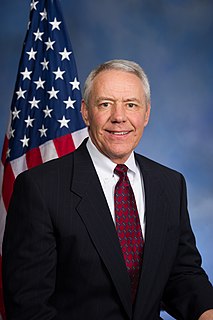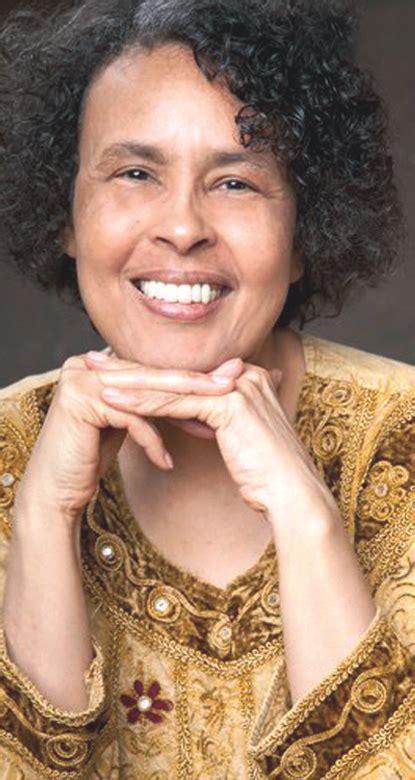A Quote by Andrew Jackson
I could not do otherwise without transcending the limits prescribed by the Constitution for the President and without feeling that I might in some degree disturb the security which religion nowadays enjoys in this country in its complete separation from the political concerns of the General Government.
Related Quotes
Total separation of church and state was considered the best safeguard for the health of each. As [Andrew] Jackson explained, in refusing to name a fast day, he feared to 'disturb the security which religion now enjoys in this country, in its complete separation from the political concerns of the General Government.'
That, in part, is why the Constitution's framers gave justices life tenure ? to enable them to rule wherever the law and the Constitution led them, without obligation or fear of political reprisal. Former Republican president Gerald Ford recently paid tribute to John Paul Stevens, his only appointee to the Supreme Court, who is also far more liberal than Republicans expected. He has served his nation well, ... with dignity, intellect and without partisan political concerns.
An elective despotism was not the government we fought for, but one which should not only be founded on true free principles, but in which the powers of government should be so divided and balanced among general bodies of magistracy, as that no one could transcend their legal limits without being effectually checked and restrained by the others.
I have so much faith in the general government of the world by Providence that I can hardly conceive a transaction of such momentous importance [as the framing of the Constitution] ... should be suffered to pass without being in some degree influenced, guided, and governed by that omnipotent, omnipresent, and beneficent Ruler in whom all inferior spirits live and move and have their being.
The suggestion of denying any measure of their full political rights to such a great group of our population as the colored people is one which, however it might be received in some other quarters, could not possibly be permitted by one who feels a responsibility for living up to the traditions and maintaining the principles of the Republican Party. Our Constitution guarantees equal rights to all our citizens, without discrimination on account of race or color. I have taken my oath to support that Constitution.
So far as the government is concerned, there is only one holy book, which is the constitution of India. The unity and the integrity of the country are the topmost priorities. All religions and all communities have the same rights, and it is my responsibility to ensure their complete and total protection. My government will not tolerate or accept any discrimination based on caste, creed and religion.
An alliance or coalition between Government and religion cannot be too carefully guarded against......Every new and successful example therefore of a PERFECT SEPARATION between ecclesiastical and civil matters is of importance........religion and government will exist in greater purity, without (rather) than with the aid of government.
A constitution is not the act of a government, but of a people constituting a government; and government without a constitution is power without a right. All power exercised over a nation, must have some beginning. It must be either delegated, or assumed. There are not other sources. All delegated power is trust, and all assumed power is usurpation. Time does not alter the nature and quality of either.
In his address of 19 September 1796, given as he prepared to leave office, President George Washington spoke about the importance of morality to the country's well-being: Of all the dispositions and habits which lead to political prosperity, Religion and Morality are indispensable supports. . . . And let us with caution indulge the supposition that morality can be maintained without religion. . . . Can it be that Providence has not connected the permanent felicity of a Nation with its virtue?





























